Every year, in the lead up to Emancipation Day on 1st August, Queens Park Savannah bursts into colour. The 7-day Pan African FestivalTT, organised by the Emancipation Support Committee TT (ESCTT), turns the savannah into the Lidj Yasu Omowale Village. Stalls are drenched in clothing made from Kente, Ankara and wax prints, while tables overflow with African accessories direct from the continent. A range of intricately carved African masks, striking artworks on stretched canvases, and handmade figurines of wire, stone and wood can suit any design style from contemporary to art deco. The air, thick with competing scents from the Chinese, Ethiopian and Indian food stalls, wafts over the circle of drumming Rastafari brethren. Everywhere, vendors and visitors greet warmly, evoking a pre-industrial African marketplace scene where people regularly met to pass on the news of the day.
In 2025, the celebrations were carried off in usual spectacular fashion. But this goes beyond the aesthetic, designed to educate about the importance of Africa – past, present and future. The build-up to the main event included the Kwame Ture Memorial Lecture Series, a youth pan extravaganza and a Transatlantic Trade and Investment Symposium.
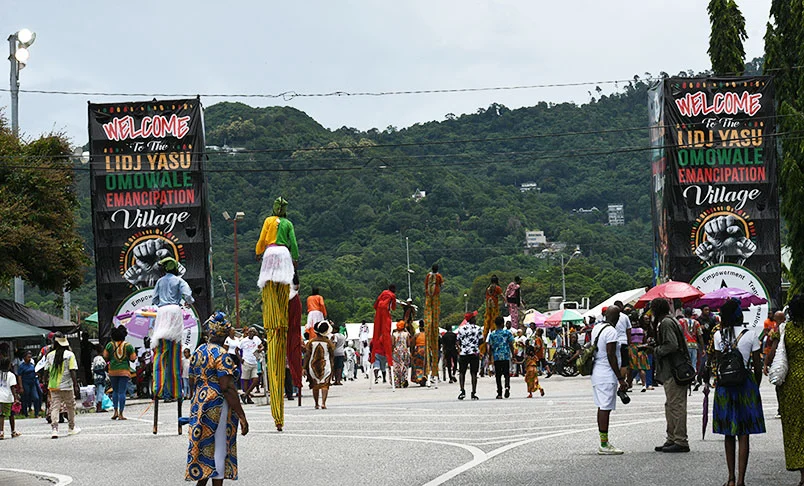
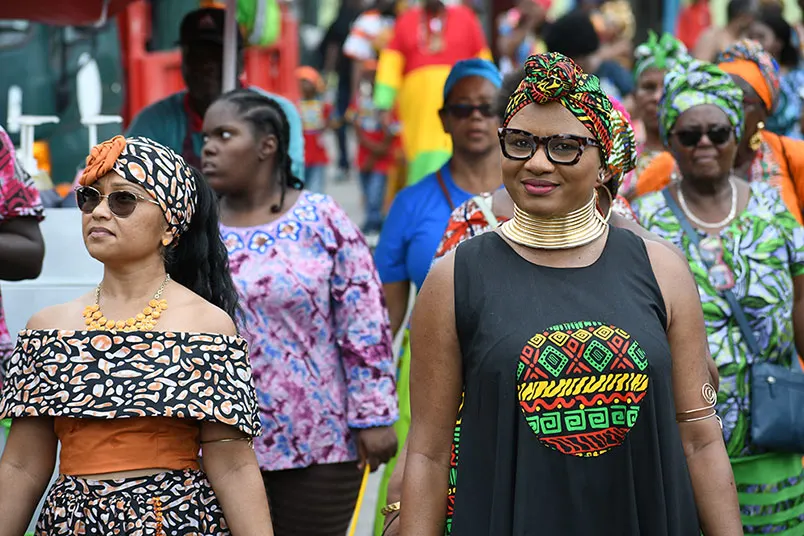

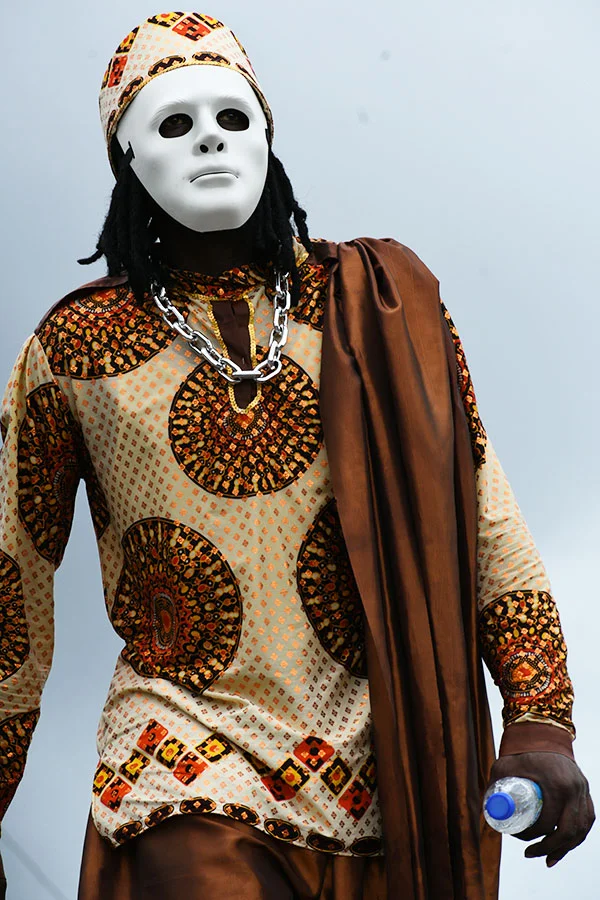
Emancipation Village is an important opportunity to help people remember their history, the importance of what their ancestors experienced and how it impacts our lives here today.
—Zakiya Uzoma-Wadada, ESCTT Executive Chairperson
According to Zakiya Uzoma-Wadada, ESCTT Executive Chairperson, “Emancipation Village is an important opportunity to help people remember their history, the importance of what their ancestors experienced and how it impacts our lives here today. It is amazing to see how the festival has grown over the years and there’s so much more to do still. We really want to make it the premier heritage festival in the region and in the Western Hemisphere. It can also become an income generation festival for our country as a whole and benefit as many Africans in society as possible.”
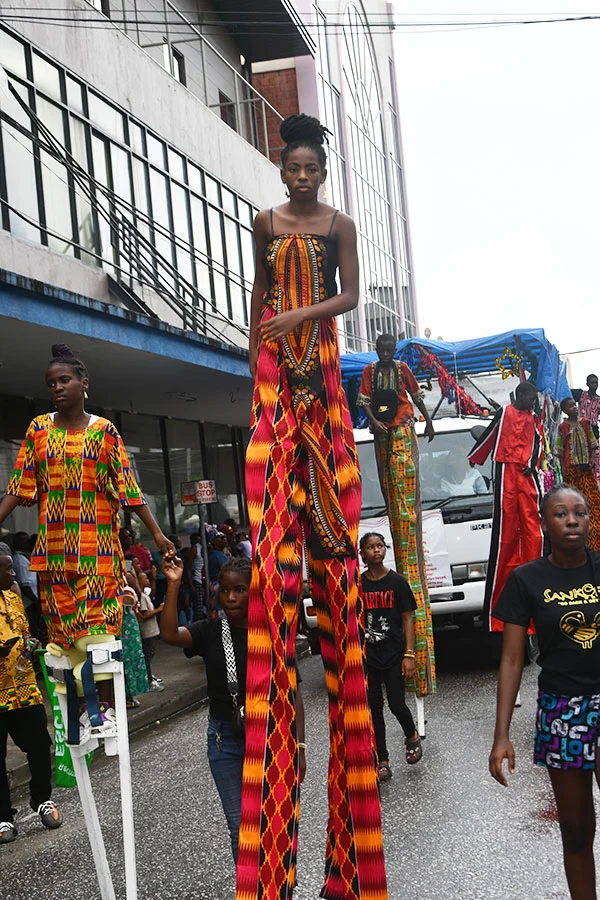
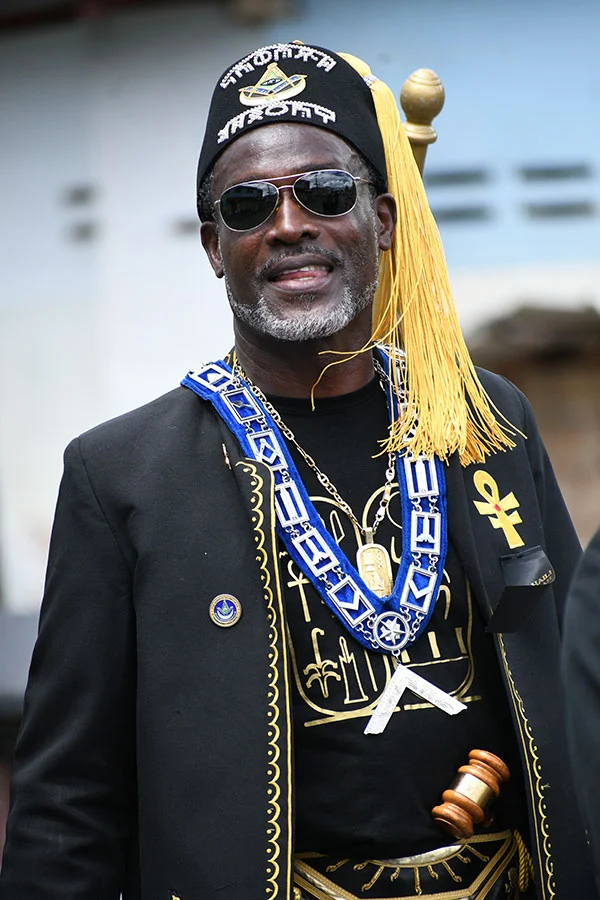
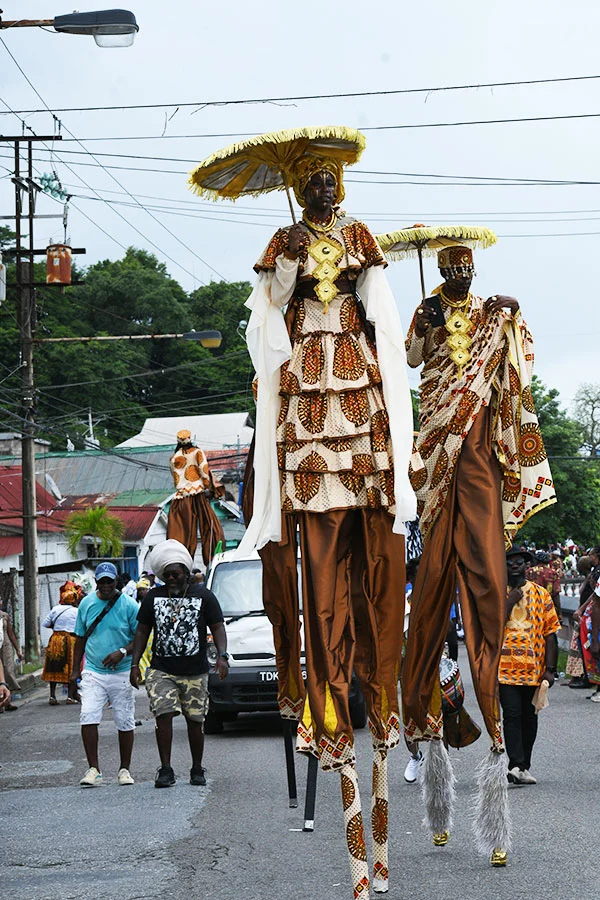
All Anglophone Caribbean islands set 1st August to recognise the abolition of slavery in 1834 and apprenticeship in 1838 respectively. The Village is a poignant reminder that our very existence in the Caribbean is the result of one of the most prolonged, barbaric acts in human history. At the same time, it is proof of the spirit of African people in the diaspora to overcome the lost of home, language and culture, and thrive for generations on end.
View Photo Gallery















Photos by John Julien


